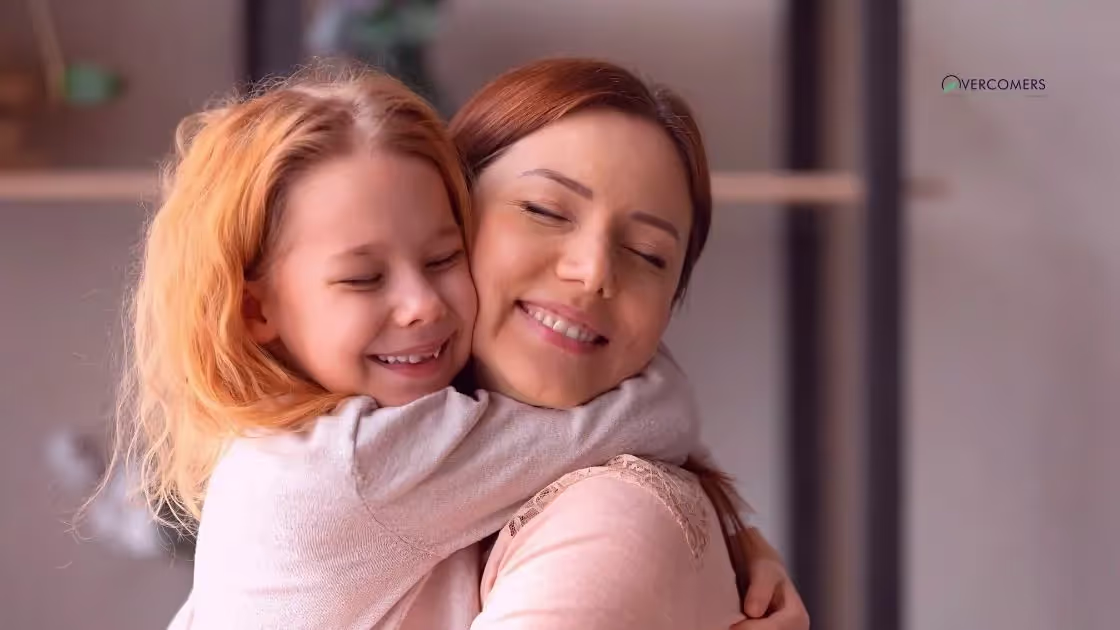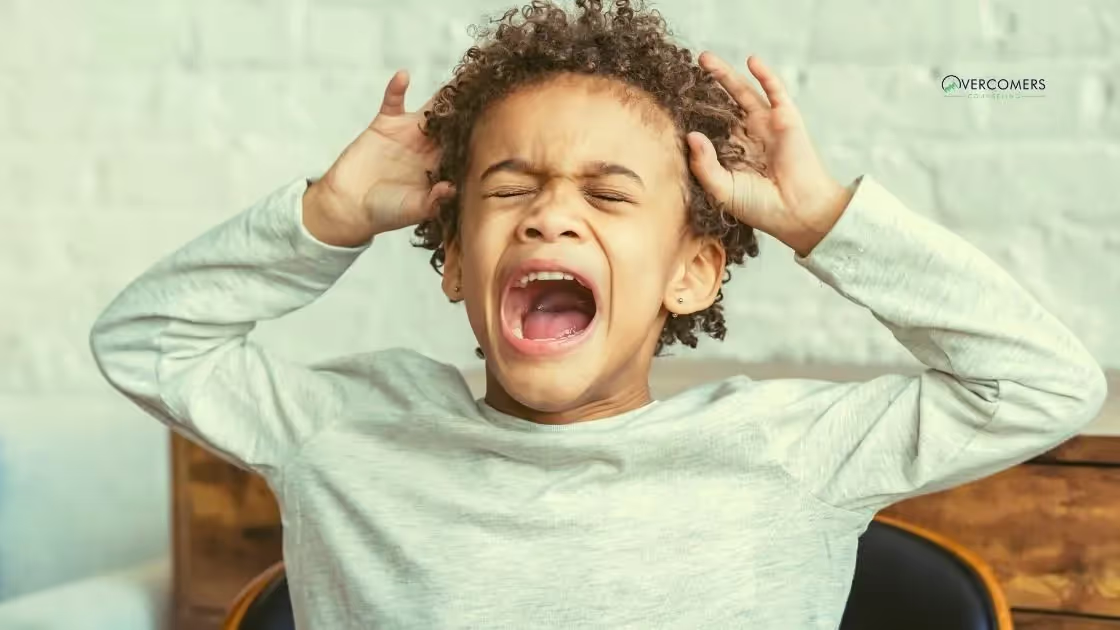Every parent has faced it - the child who cries over everything.It's a common issue, especially with young kids, and can be incredibly frustrating for both...

Every parent has faced it - the child who cries over everything.
It's a common issue, especially with young kids, and can be incredibly frustrating for both the child and the parents.
Understanding your child's feelings and behavior can provide a better understanding of why children cry and how to help them manage their emotions.
Therapy or counseling might be a good way to address the root cause of why your child cries so often.
But in the meantime, there are a few things you can do to help them cope.
It's important to recognize that crying is a natural way for children to express their emotions.
When your child cries, they might be feeling upset, sad, angry, or stressed.
Even kids who are usually calm might cry over seemingly minor things like losing a toy or not being invited to a birthday party.
Some kids, including your 6-year-old kid, might cry over everything because they're overly sensitive or extra sensitive to their surroundings.
This sensitivity could be due to big changes in their life such as starting school, the arrival of a new baby in the family, or not getting enough sleep.
Here are some strategies to help your constantly crying child regain control:
Remember, if your child is constantly crying and these strategies don't seem to help, it might be time to seek professional help.
A therapist or counselor can provide additional coping skills and techniques to help your child.
As the child learns new strategies, you'll hopefully see the improvement that one needs in order to help foster a healthy maturing process.

If your child's persistent crying issues are not addressed, it could lead to a variety of potential problems.
Unchecked emotional distress can potentially hinder their ability to properly socialize with peers, leading to feelings of isolation or being misunderstood.
It could also impact their academic performance as they may find it challenging to focus on tasks or participate in class due to constant emotional upheaval.
Persistent crying might also be a sign of underlying health or mental health issues that require professional attention.

Why does my child cry so much?
Children cry for many reasons.
They may be upset, hurt, anxious, or simply tired.
Some children are more sensitive than others and may cry over small things.
What can I do to help my child stop crying?
Try to understand why your child is crying.
Validate their feelings and let them know it's okay to be upset.
Teach them coping strategies like taking deep breaths or counting to ten.
If needed, seek professional help.
Is it normal for a 6-year-old to cry all the time?
While child crying is normal, if your child cries over everything, it might be a sign that they're struggling with emotional regulation.
It's important to teach your child how to manage their emotions and seek professional help if necessary.
How can I teach my child to express their feelings without crying?
Encourage your child to talk about their feelings.
Use words to express emotions and encourage your child to do the same.
Role-play scenarios and use books or stories to illustrate different emotions and appropriate responses.
Every child is unique and what works for other children may not work for yours.
It's crucial to be patient, empathetic, and consistent in helping your child navigate their emotions.
With time, they will learn to express their feelings in a healthier way and their constant tears will become less frequent.
We all know a child's crying is a rough experience sometimes. A child's tears can be an emotional thing to witness.
t's important to address a child's behavior if they are having issues with handling their big feelings.
You can teach your child persistence by modeling the behavior yourself, encouraging them to take risks, setting goals and tracking progress, praising effort, and providing support and guidance.